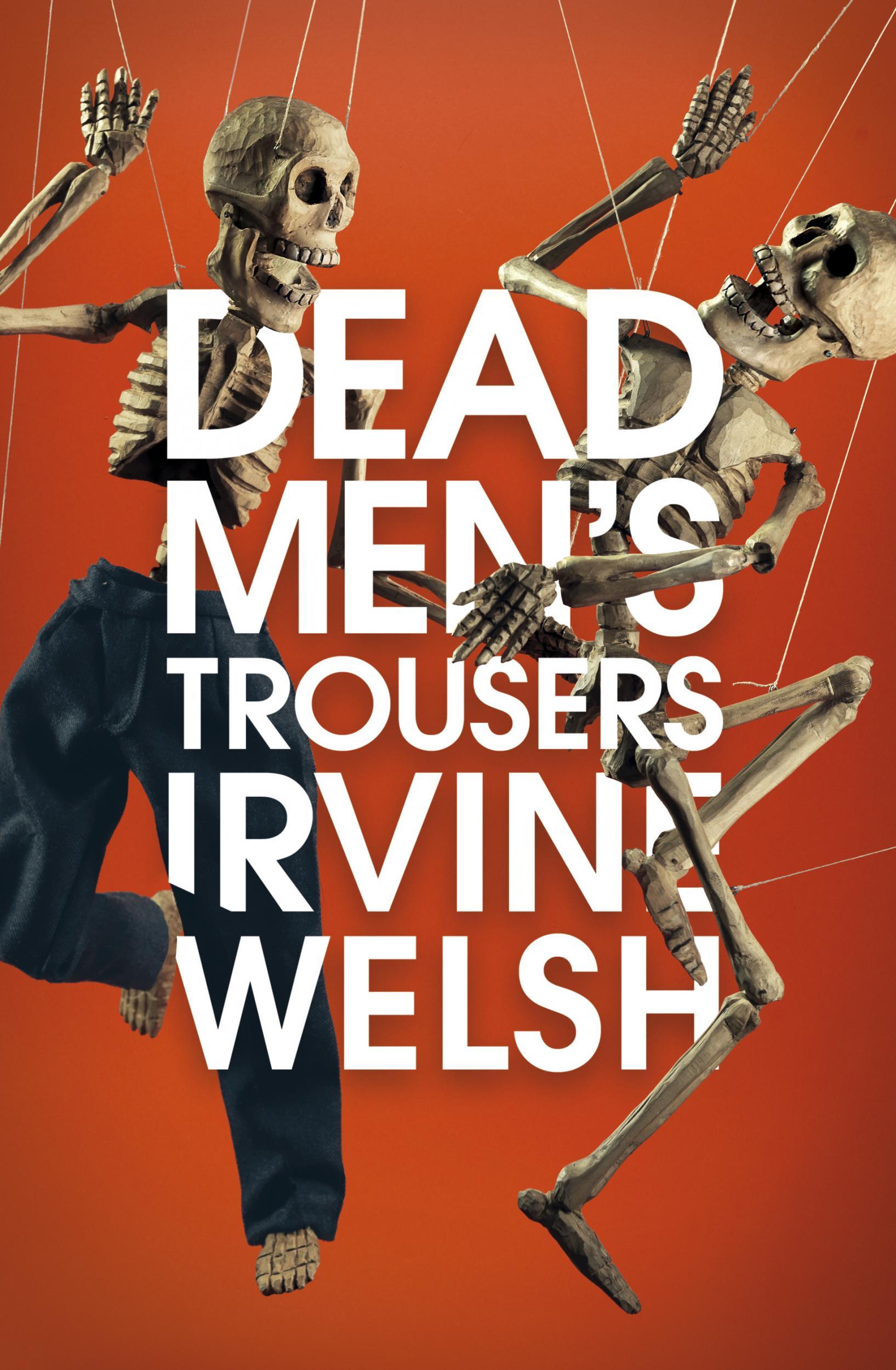Dead Men’s Trousers by Irvine Welsh, book review: Maybe it's time to retire these radges for good
That heavy Leith dialect, still so distinctive a quarter of a decade on, can also, to be honest, become like treacle to wade through in the absence of momentum

The chase that opens Danny Boyle’s adaptation of Irvine Welsh’s Trainspotting distilled the rowdy spirit of that novel in a zeitgeisty sequence full of rambunctious zip. Ewan McGregor’s junkie upstart delivers his countercultural “Choose life” monologue with an impish relish while sprinting from store detectives through the streets of Edinburgh to Iggy Pop’s “Lust for Life”.
Welsh’s debut and Boyle’s film were such key pop-culture phenomenons that it didn’t come as much of a surprise that he’d return to their blackly comic fictional universe in subsequent books.
In fact he has built something of a franchise, with more four novels featuring the hapless retinue of Renton, Sick Boy, Spud and Begbie, taking in a prequel, a sequel and a spin-off following the trajectory of one key character.
With his related fifth novel, Dead Men’s Trousers, however, it seems the Trainspotting bacchanal might finally have run out of steam.
True to form, Welsh’s 12th novel is as scabrous, kinetic and outlaw-posturing as any in the series. Renton has become a jet-setting manager of a stable of dance DJs, “drum machine and stylophone wankers” “playing fucking shit EDM”, the psychotic Begbie is a feted artist living in California with a young family, Sick Boy has transformed himself into an escort agency entrepreneur and the luckless Spud has descended to full-time begging.
Through a “personal atonement plan”, Renton is on a mission to pay back his former partners in crime money stolen in past capers.
It’s a washing line of a plot on which Welsh hangs some very funny comic set pieces, such as a botched attempt to smuggle a kidney, and the trademark mix of drug excess – including a DMT experience illustrated with cartoons – sexual burlesque and misogynistic and homophobic provocations.
Despite seemingly renouncing the thug life for the contemporary art world – as detailed in The Blade Artist, the fourth instalment of the series – Begbie is still prone to sudden bursts of cartoonish violence, here putting a samurai sword to interesting use.
The story pings around the globe from Santa Monica to Istanbul, and is full of the jaded middle-age mood-music of Danny Boyle’s T2, his follow-up to the original film. It’s peppered with Welsh’s caustic summations of the modern world, full of “neoliberal planet-rapists” and “torpedo-titted vixens”, but stretches of it, though entertaining, feel like Welsh on cruise control, and there are at least three sub-plots surplus to narrative requirements.
That heavy Leith dialect, still so distinctive a quarter of a decade on, can also, to be honest, become like treacle to wade through in the absence of momentum. The death of a central character towards the end is of a piece with an abiding sense of fatigue.
There’s still fun to be had here, but as Renton points out in one of the funniest lines in Dead Men’s Trousers: “It gets too much carrying the burden of cuntishness around.” Maybe it really is time to retire these radges for good.
Dead Men’s Trousers is published by Jonathan Cape in hardback, £16.99
Join our commenting forum
Join thought-provoking conversations, follow other Independent readers and see their replies
Comments
Bookmark popover
Removed from bookmarks